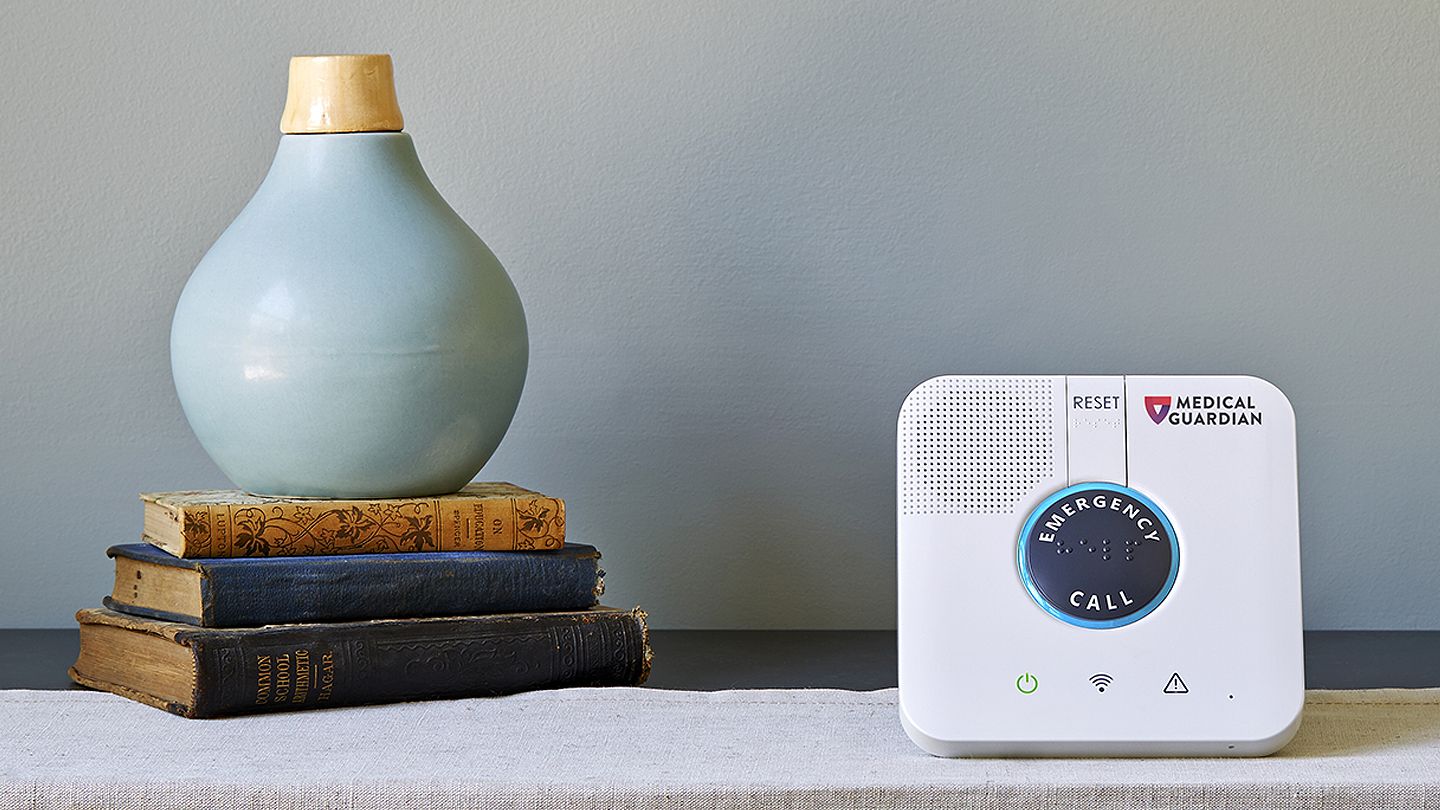Hey there! If you're like most people, Medicare can feel like a maze sometimes. Especially when it comes to understanding those things that seem straightforward but actually have a lot of moving partslike Medicare benefit periods. Let's break it down together, shall we? Because honestly, getting this right can save you some real money when you need it most.
I know what you're thinking. "Benefit periods? That sounds like insurance jargon." But trust me, once we walk through this together, you'll see it's actually pretty straightforwardand super important to understand.
Why these periods matter
Think of a Medicare benefit period like a chapter in your healthcare story. It starts the moment you're admitted as an inpatient to a hospital or skilled nursing facility, and it officially closes 60 days after you've been discharged. Here's the kicker thoughthe clock doesn't reset every January like your gym membership. No sir, each benefit period is independent, which means you could have multiple in a single year.
Let me paint you a picture: Sarah had to go into the hospital in March for knee replacement surgery. Her benefit period started that day and would technically end in May60 days after discharge. But then in August, she had a different health issue that required another hospital stay. Guess what? Brand new benefit period, brand new deductible to pay. It's like starting a new chapter in a bookyou leave the previous chapter behind.
How Medicare defines your coverage
Okay, so Medicare Part Awhich covers hospital staysuses these benefit periods to figure out what you'll pay and for how long. Think of it as their way of organizing your care costs. The good news? You get some seriously solid coverage during those early days.
Your benefit period officially begins the moment you're admitted as an inpatient. I want to emphasize that word "admitted" because it really matters. If the hospital keeps you for observation rather than admitting you, different rules apply. We'll talk more about that in a bit, but it's something to keep an eye on.
Now here's where people often get tripped up: the benefit period doesn't end when you walk out of the hospital. Nope, it actually continues for 60 days after you've been out. So if you return to the hospital within those 60 days, Medicare treats it as a continuation of the same benefit periodwhich means no new deductible to pay. But if those 60 days have passed? Welcome to a new benefit period and yes, another deductible.
Let me share another quick story. My neighbor Bob was in the hospital in January, then again in February. He only paid one deductible because the 60-day window hadn't closed. But his friend Maria? She was in January and then again in April. Two separate benefit periods, two deductibles. See how that works?
Breaking down what you'll pay
Alright, let's talk moneybecause that's really why we're all here, right? For 2025, you're looking at a $1,676 deductible for each benefit period. Now, that might sound like a chunk of change, but here's the silver lining: once you've paid that deductible, Medicare covers your first 60 days in the hospital completely. I mean completely. No coinsurance, no additional costs. Just you getting the care you need.
| Days | What You Pay | Notes |
|---|---|---|
| 160 | $0 (after deductible) | Covered 100% by Part A |
| 6190 | $419/day | Part A coinsurance kicks in |
| 91+ | $838/day | Your 60 lifetime reserve days |
| Beyond reserve | 100% out of pocket | You pay everything |
But what happens after those first 60 days? Well, if you need to stay longerand we all hope you don'tyou'll start paying coinsurance. Days 61 through 90 cost $419 per day. Still not too shabby when you consider the alternative.
And here's something really important: Medicare gives you 60 lifetime reserve days. These are like your emergency backup dayswhen you've used up your 90 days in a benefit period, you can tap into these reserve days. They cost $838 per day, but honestly, having that safety net is worth its weight in gold.
Skilled nursing care explained
Here's where things get really interestingand potentially really helpful. If you need skilled nursing care after a hospital stay, Medicare can cover that too, but within the same benefit period. You get up to 100 days of coverage, and the first 20 days are completely free. How's that for generous?
Days 21 through 100? You'll pay $209.50 per day. Again, when you think about what private nursing care can cost, that's actually a pretty sweet deal.
Butand this is a big butthere are some important conditions. First, that hospital stay has to be at least 3 days long and covered under Part A. Second, you have to be admitted to a skilled nursing facility within 30 days of discharge. Third, the care you receive has to be for the same condition or a related one from your hospital stay.
I remember when my Aunt Patricia had her hip surgery, she was worried about the rehab facility costs. But because she met all those requirements, most of her stay was covered. The relief on her face when we figured out the math was priceless.
The rules you might not know
Here's where things can get trickyand where a lot of people end up surprised. Not everything counts toward your benefit period. For example, if you're in the hospital but technically under "observation" rather than admitted as an inpatient, none of that time counts. Zero. Zip. Nada.
This is why it's so important to askpolitely but firmlywhether you've been officially admitted as an inpatient. I know it might feel awkward, especially when you're not feeling well, but trust me, it's worth it. I've seen people stay in the hospital for five days thinking they were covered, only to find out they were in observation status the whole time.
Another little-known rule: those leave-of-absence days don't count either. Let's say you leave the hospital for a few hoursmaybe to go home for a shower or attend a family eventand then come back. If it's less than 24 hours, those days don't count toward your benefit period.
And here's something that might surprise you: hospice care days operate under completely different rules. If you're in hospice care, Medicare covers that differently, and it doesn't affect your benefit periods at all.
What happens when you're discharged
Let's talk about something that doesn't get enough attention: discharge day policies. Most of the time, the actual day you're discharged doesn't count as one of your hospital days. So if you're discharged on a Tuesday, that Tuesday doesn't count toward your coinsurance days.
But there's an exception: if you're discharged and then re-admitted on the same day, that day does count. It's these little details that can make a big difference in your final bill.
I've heard horror stories about people getting charged for extra time in the hospital even after checkoutespecially if they're still under medical supervision but technically out of bed. Always ask for things in writing if you're unsure about your status. I know it might seem like extra work, but protecting yourself financially is always worth it.
How to keep track and save money
Alright, let's get practical for a second. How do you actually keep all this straight without losing your mind? Here are a few tips that have helped countless people navigate this system.
First and foremost, always confirm your admission status. Ask the hospital staff whether you've been admitted as an inpatient or if you're under observation. If they're not sure, ask for it in writing. I can't stress this enough.
Keep what I like to call a "hospital diary." Write down your admission date, discharge date, what you paid, and any important details about your care. It might seem like overkill, but when you're dealing with complex healthcare situations, having that information at your fingertips is invaluable.
Know when your 60-day window ends. I know it sounds simple, but keeping track of those dates can help you understand when you'll need to pay a new deductible versus when you're still in the same benefit period.
And here's something that's often overlooked: understand your rights when it comes to skilled nursing care. If you've had a qualifying hospital stay, you have rights to skilled nursing coverage. Don't let hospitals or facilities tell you otherwise without checking the fine print.
When to reach out for help
There are times when it pays to pick up the phone and call for help. If you think your deductible should have reset but it hasn't, that's a good reason to call Medicare directly. Same goes if you're being charged for days that don't seem right or if there's confusion about whether you were admitted as an inpatient.
One situation that's particularly tricky: being moved from inpatient to observation status or vice versa. This happens more often than you might think, and it can completely change how your care is covered. If this happens to you, don't hesitate to ask questions and get everything in writing.
The good news? You're not alone in this. Medicare has resources and real people you can talk to. When in doubt, reaching out is always the right move.
Wrapping it all up
So there you have ita friendly guide to understanding Medicare benefit periods without the jargon and confusion. Remember, a benefit period starts when you're admitted as an inpatient and officially ends 60 days after you've been discharged. It's not tied to the calendar year, which means you could have more than one in a single year.
Each benefit period comes with its own deductible ($1,676 for 2025) and its own 60 days of covered hospital care. After that, you're looking at coinsurance days, and eventually, those precious lifetime reserve days that can be a lifeline if you need extended care.
And skilled nursing care? Covered for up to 100 days per benefit period, with the first 20 completely free. But remember, it has to follow a qualifying 3-day hospital stay.
I know this can feel overwhelming, especially when you're dealing with health issues. But understanding how benefit periods work really can make a differencenot just in your peace of mind, but in your wallet too.
If you're approaching a hospital stay or thinking about future care needs, now's the time to get clear on all this. And if you still have questions? Please, don't suffer in silence. Ask your healthcare providers, call Medicare, or chat with a trusted advisor.
Because at the end of the day, this system exists to help you get the care you need. Understanding how it works just makes that help go a lot further.
FAQs
What is a Medicare benefit period?
A Medicare benefit period begins the day you're admitted as an inpatient and ends 60 days after you're discharged. It determines your out-of-pocket costs for hospital and skilled nursing care.
How much is the Medicare Part A deductible for 2025?
The Part A deductible for 2025 is $1,676 per benefit period. After that, Medicare covers the first 60 days of inpatient care at no additional cost.
Does Medicare cover skilled nursing care?
Yes, Medicare covers up to 100 days of skilled nursing care per benefit period, with the first 20 days fully covered and days 21–100 requiring a daily coinsurance.
Do observation days count toward Medicare benefit periods?
No, time spent in the hospital under observation status does not count toward a Medicare benefit period. Only inpatient admissions are included.
What happens after 90 days in the hospital under one benefit period?
After 90 days, you can use up to 60 lifetime reserve days, which require a higher daily coinsurance. Beyond that, all costs are out of pocket unless other insurance applies.
Disclaimer: This article is for informational purposes only and does not constitute medical advice. Always consult with a healthcare professional before starting any new treatment regimen.
Related Coverage
Learn how to access deceased medical records under HIPAA and Medicare. Get step-by-step guidance for requesting records after a loved one's death....
Coping with retinol irritation like burning, redness, dryness? Learn how long symptoms last, when to worry, and get aftercare tips to heal skin post inflammation....
Beers Criteria 2023 helps older adults avoid risky medications and choose safer options for aging well with fewer side effects and better health outcomes....
Learn how American Indians and Alaska Natives can save on Medicare costs with special programs and protections....
Get clear info on Medicare New Hampshire options, from Advantage plans to prescription coverage. Find the right fit for your needs....
Doing crossword puzzles regularly can help improve memory, concentration, and reasoning in aging adults. Crosswords engage broader cognitive skills than brain games....
Find the right Medicare Massachusetts plan with ease. Get clear guidance on coverage, costs, and enrollment to make confident healthcare choices....
This 2023 review provides an in-depth look at Medical Guardian's medical alert systems to help you determine if their in-home & mobile products are the right emergency response choice for your needs and budget....
See how Medicare Advantage plans handle the donut hole in 2025 and what the coverage gap closure means for your prescription costs....
Get clear definitions of common Medicare terms to help you understand your health coverage and make smart decisions....









